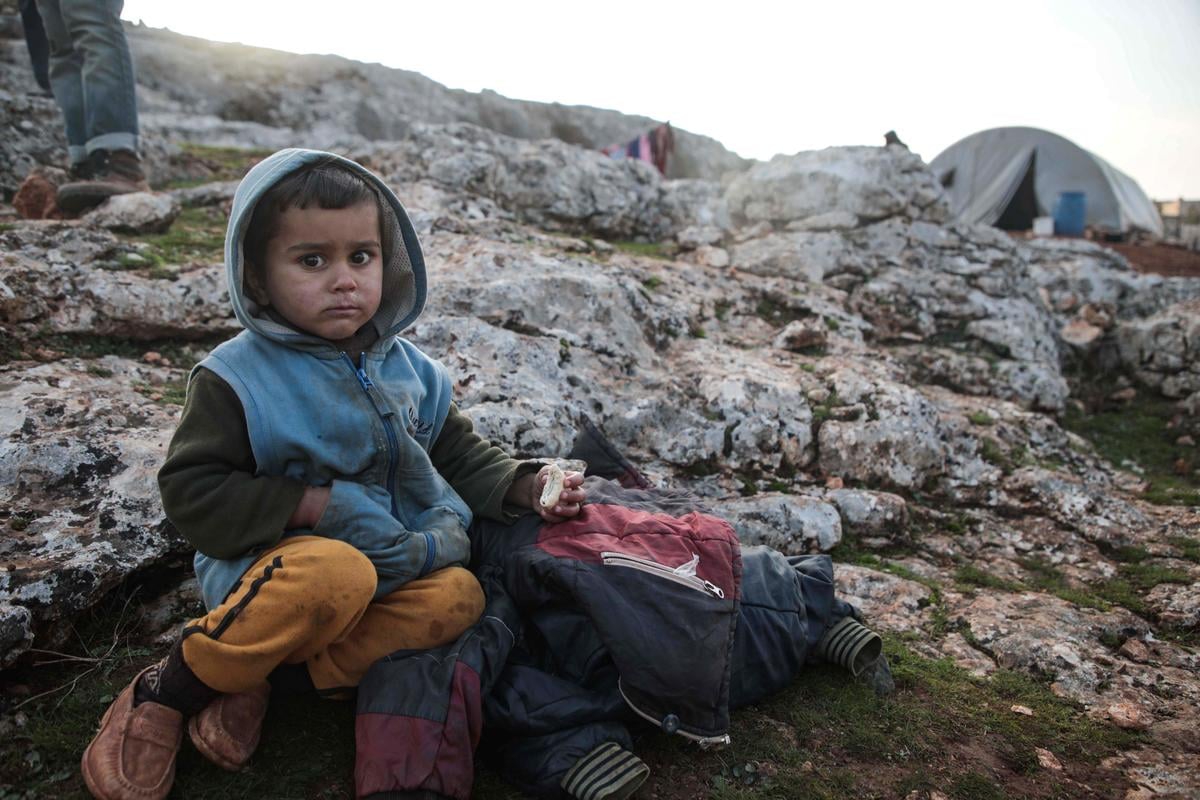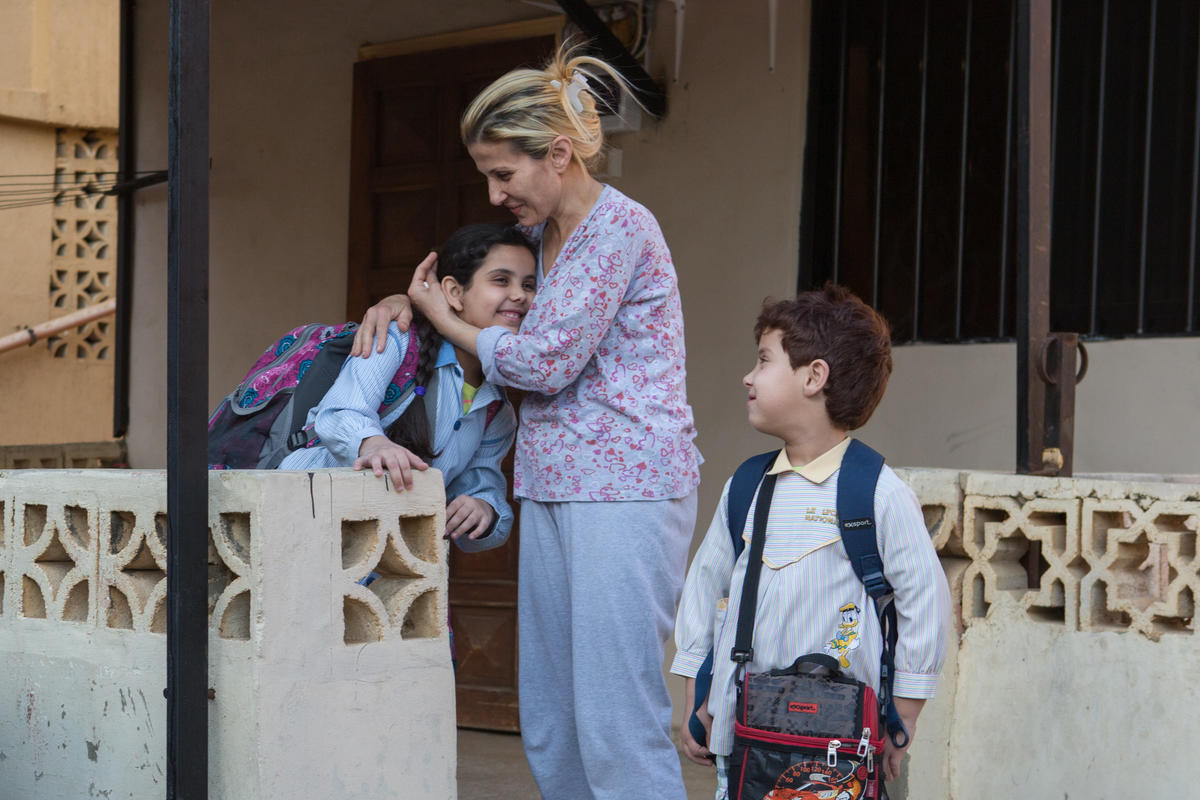UNHCR and UNAIDS urge governments to include refugees in HIV policies
UNHCR and UNAIDS urge governments to include refugees in HIV policies

GENEVA, March 1 (UNHCR) - The UN refugee agency and UNAIDS have issued a joint call for governments to include refugees in their national HIV policies and programmes and to give them the same access to treatment as their own citizens. They also urged host governments to honour their legal obligations to refugees and said civil society should help address popular misconceptions about refugees and the spread of HIV.
The calls came in a recently released four-page policy brief that focuses specifically on actions required to address the spread and effect of HIV on refugees and their host communities. "It's going to be distributed worldwide. We're printing thousands of copies and it will also be translated into French," said Paul Spiegel, head of UNHCR's HIV/AIDS unit.
"Far too often refugees face an untenable situation: they are no longer guaranteed the protection of their country of origin and do not receive assistance from host countries," the document said.
It added that in countries struggling to cope with an HIV problem, "refugees often do not have access to HIV-prevention commodities and programmes. Access to HIV-related care and support is also rarely given adequate attention."
The policy brief said refugees also often face stigma, both because of their status as refugees and because of the common misconception that HIV prevalence is higher among refugees than in host communities. "Stigma and discrimination need to be tackled as an integral part of responding effectively to HIV among refugees and host communities," it said.
Among specific recommendations in the paper, UNHCR and UNAIDS said governments should incorporate refugees in HIV policies, strategic plans and programmes for host communities and ensure appropriate access to comprehensive HIV prevention, treatment, care and support.
"We advocate for refugees to access HIV services in the same manner as that of the local population" said Dr. Spiegel, while noting that "some countries in Southern Africa provide both refugees and the host population free antiretroviral drugs [to treat HIV] using government services."
Another core recommendation of the paper is that governments ensure that their national HIV policies and programmes are designed, implemented monitored and evaluated with the participation of refugees.
UNHCR and UNAIDS also called on host countries to ensure that laws policies and programmes respect, protect and fulfil the rights of all refugees and that there is no discrimination towards refugees; no discrimination in asylum procedures on the basis of HIV status; and protection from expulsion and forced return and restrictions on freedom of movement on the basis of HIV status.
"The realisation of human rights is central to reducing vulnerability to HIV infection and addressing the effects of HIV," the policy paper said, while noting that more than 140 countries were party to the 1951 UN Refugee Convention which accords refugees various rights, including the right to health.
The brief also said governments should ensure the protection of women and children from sexual or physical violence and exploitation. "Women and girls are often disproportionately affected by displacement. They need special attention in terms of HIV, including protection from violence and exploitation," said Purnima Mane, director of policy, evidence and partnerships at UNAIDS.
The two UN partners also urged civil society to challenge stigmatisation and discrimination against refugees; increase communication and cooperation between refugees and host societies; and strengthen the capacity of refugee community leaders and groups, including those of people living with HIV, for their rights.
They said international partners should lobby governments to meet their legal obligations towards refugees and implement strategies that reflect best practices in responding to the HIV-related needs of refugees and host communities. They should also encourage governments to consider the needs of refugees in preparing funding proposals and provide resources for these to be incorporated into national HIV and health policies and programmes.








